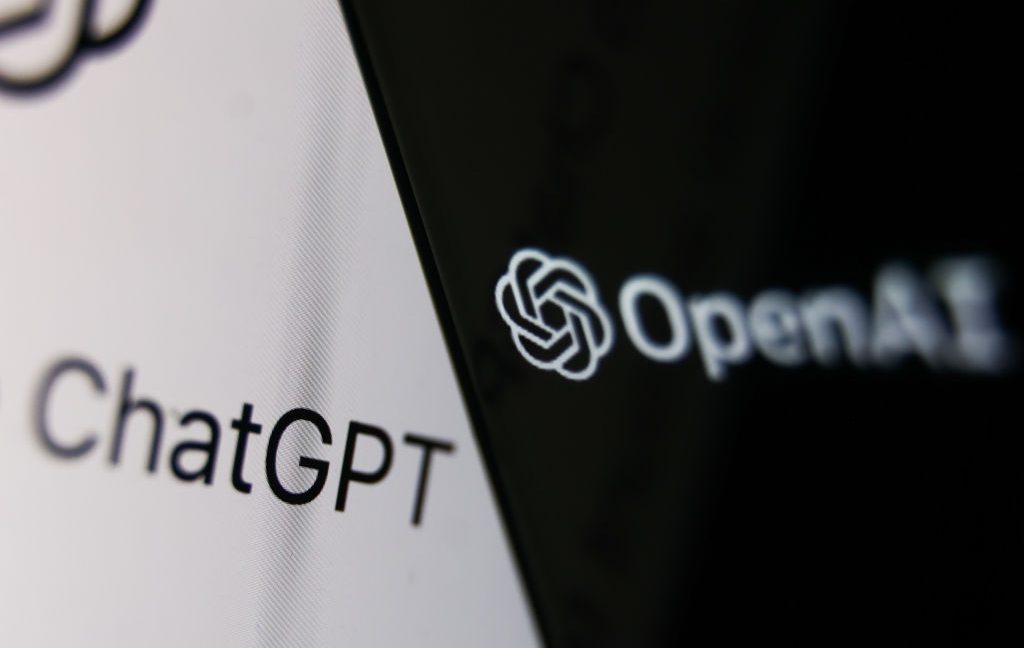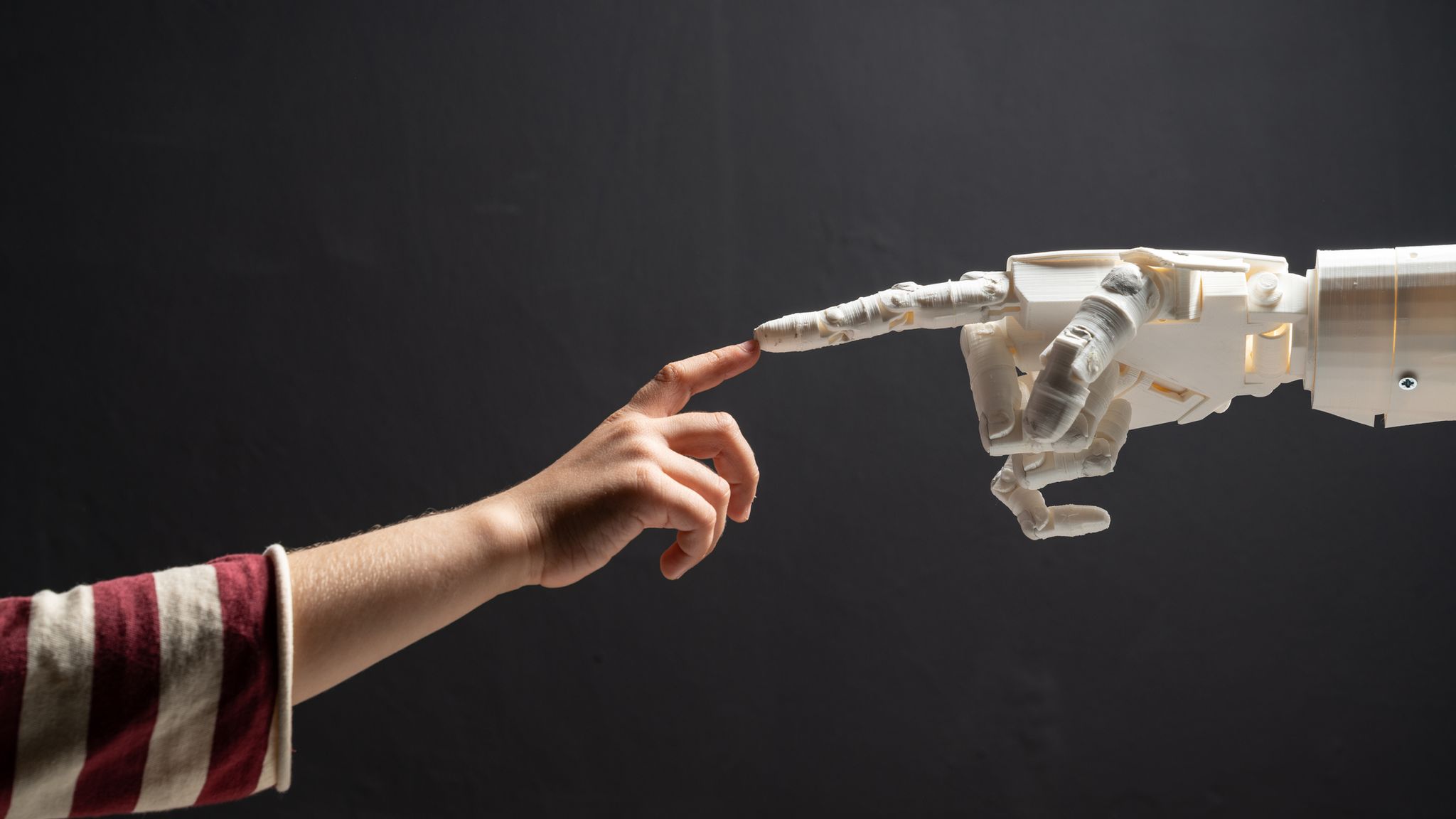8BiTw0LF
Consoomer

ChatGPT is enabling script kiddies to write functional malware
For a beta, ChatGPT isn’t all that bad at writing fairly decent malware.
 arstechnica.com
arstechnica.com

The ultimate homework cheat? How teachers are facing up to ChatGPT
ChatGPT took the internet by storm when it launched in late 2022, impressing by generating stories, poems, coding solutions, and beyond. Its potential to answer questions has seen New York City's education board ban it from schools - but could it really provide a homework shortcut?

What's your guys take on AI going forward? I believe it's inevitable we'll see a major change in how we live in the future. AI (and robots) will account for 80% of all jobs - the last 20% will be humanitarian jobs that needs to be run by "reflecting realistically to the world" humans. In regards to safety I believe we'll see an "API" that have to be implemented so the AI doesn't go rogue - but the world has to agree on it - and that's the tricky part. We could see forms of AI running wild like computer virusses.
Please keep this debate civil.

/cloudfront-us-east-2.images.arcpublishing.com/reuters/HV5RW2BEZZK5JA33XB3HXTUZZQ.jpg)